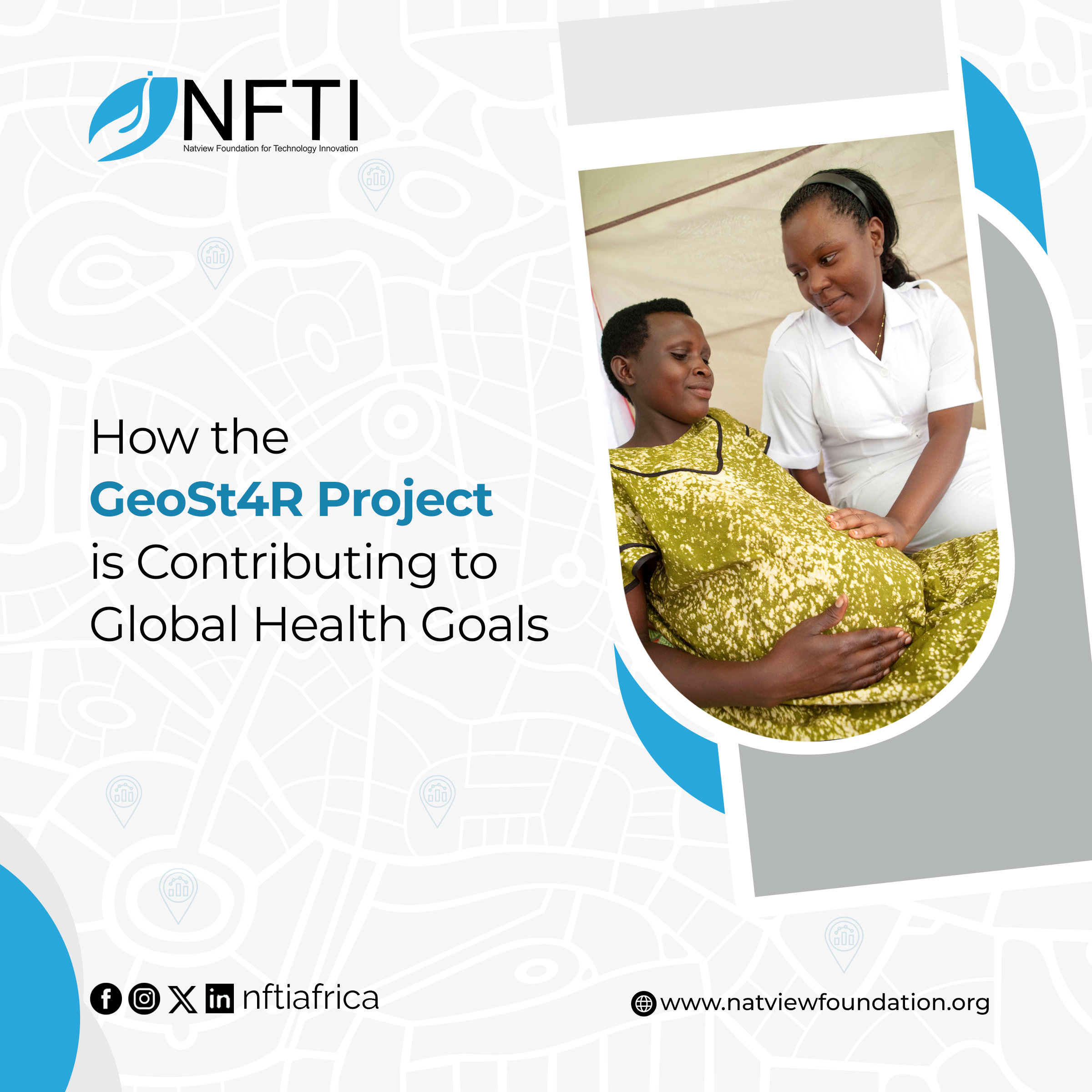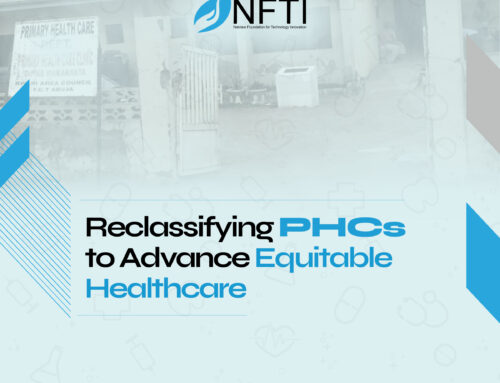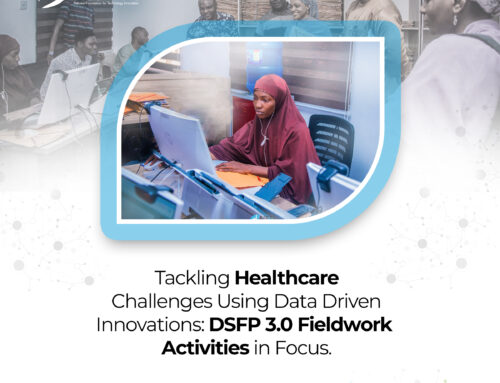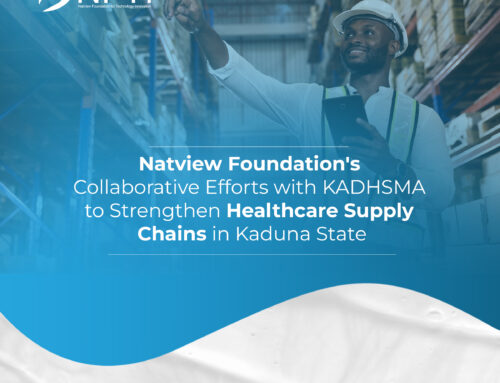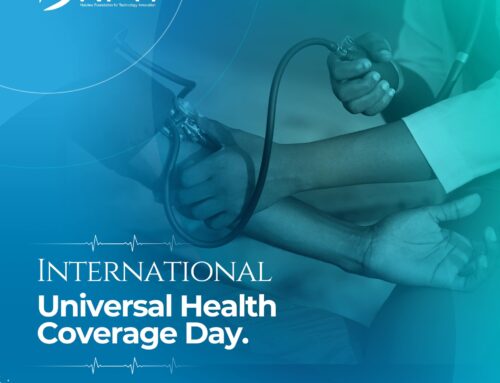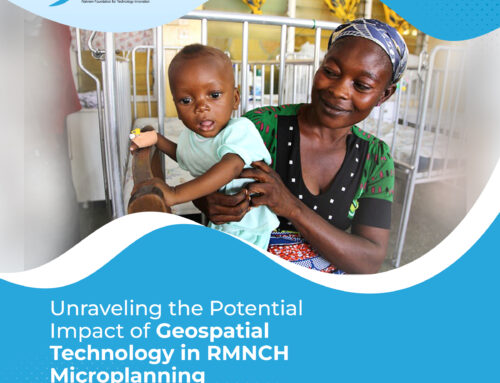The Global Strategy for Women’s, Children’s, and Adolescents’ Health (2016-2030), which aligns with the Sustainable Development Goals, provides a critical shift in prioritizing measures aimed at assisting families in living healthy, secure lives and realizing their economic potential. The reproductive, maternal, newborn, and child health (RMNCH) agenda has grown in scope and complexity since the Millennium Development Goals, necessitating the collection of new data. Also, the ongoing quest for enhanced decision-making across the RMNCH continuums has brought together the Bill and Melinda Gates Foundation and consortium partners Pathfinder, GRID3, Data Science Nigeria (DSN), and Natview Foundation. Our collaborative effort materializes in the GeoSt4R project, a revolutionary effort leveraging geospatial data tools and technology to reshape healthcare in four Bill and Melinda Gates Foundation-focused states. A fundamental principle of the GeoSt4R project is inclusivity as the initiative aims to leave no one behind by identifying areas with limited access and ensuring that even the most remote populations receive essential RMNCH services. This commitment aligns with the broader goals of equity and accessibility in healthcare. The project’s framework recognizes the interconnectedness of health across different life stages and aims to ensure the seamless provision of essential health services to mothers, newborns, and children.
Leveraging successful strategies from previous interventions in polio, routine immunization, and COVID initiatives, the GeoST4R project employs geo-enabled tools to enhance data accessibility, facilitating informed decision-making and advancing health outcomes. Focused on RMNCH services through geospatial data, the project aims to amplify access to care, elevate service quality, and encourage proactive care-seeking behaviors. The primary objective is to ensure that all women and children in Nigeria, irrespective of their location or socioeconomic status, receive essential, evidence-based interventions. Anticipated outcomes encompass heightened accessibility to RMNCH services, optimized resource allocation, and the fortification of health systems.
Understanding the importance of data in developing strategies to improve healthcare for mothers and children is central to the project. Geospatial tools are deployed to assess the capability and capacity of healthcare facilities, surpassing conventional measurements through digitalization. This approach ensures that each state attains the required digital maturity for the effective utilization of geospatial tools for RMNCH microplanning.
Microplanning is an operational strategy that originates at the grassroots level, commencing with individual health facilities. In this decentralized approach, each facility undertakes its microplanning process, contributing essential data to formulate broader state plans. The project partners, led by Pathfinder, collaborate closely with these facilities, sharing expertise in geospatial data and providing training on its integration into their existing data systems. This integration, known as ‘geocoding,’ enables a comprehensive understanding of each facility’s resources, including staff capacity, infrastructure, and financial aspects. This comprehensive approach enhances the project’s ability to determine the necessary support for optimal RMNCH outcomes.
At its core, the principle is straightforward: by making geospatial data, maps, and tools available and integral to RMNCH microplanning efforts, the project can achieve the following:
- Broaden the reach of facility plans, ensuring a more extensive population has access to and utilizes RMNCH services at local facilities.
- Optimize the distribution of resources by identifying locations and ensuring equitable coverage, thereby enhancing the uptake of quality RMNCH services.
- Strengthen the health system and service delivery through improved planning, monitoring, and tracking of RMNCH activities.
This strategic integration of geospatial data not only enhances the efficiency of outreach and resource allocation but also contributes significantly to the overall strengthening of the health system, ensuring more effective and targeted delivery of RMNCH services.
Understanding the importance of data in developing strategies to improve healthcare for mothers and children is central to the project. Geospatial tools are deployed to assess the capability and capacity of healthcare facilities, surpassing conventional measurements through digitalization. This approach ensures that each state attains the required digital maturity for the effective utilization of geospatial tools for RMNCH microplanning.
The Natview Foundation, a key player in this collaborative effort, has conducted an extensive environmental scan and digital maturity assessment. This involved engaging in focused group discussions with key stakeholders and players in the health system ecosystem across eight domain areas in three states. The aim was to understand how states conduct microplanning, particularly focusing on stakeholders in the implementing states. The insights gained from this comprehensive assessment are invaluable, providing a foundational understanding of the existing conditions in the states, the intricacies of microplanning, areas for improvement, and key successes. The Natview Foundation is committed to establishing sustainable data pipelines across the eight domains, identifying data sources, and building API services to support partners while offering ongoing monitoring and evaluation support.
In Nigeria, the GeoSt4R team occupies a leading position in developing geospatial data tools that empower healthcare workers and policymakers to make informed decisions. The project represents a breakthrough in improving maternal health and reducing maternal mortality. It is well-positioned to make a significant and long-lasting impact as it continues to use geospatial technology to improve healthcare. Its outcomes will also be in line with the Global Strategy for the Health of Women, Children, and Adolescents (2016–2030). Not only does geo-enabled microplanning represent a tremendous step towards global health goals, but it also modifies the future of healthcare delivery in Nigeria. The implementation partners are in collaboration with the governments and pertinent stakeholders to guarantee that decision-makers and healthcare professionals possess the necessary skills, competencies, and capacities. This aims to ensure the sustainability of activities and continued growth based on the achievements of the project.
Contributors: Simnom Emmanuel, Fatima Tafoki.

